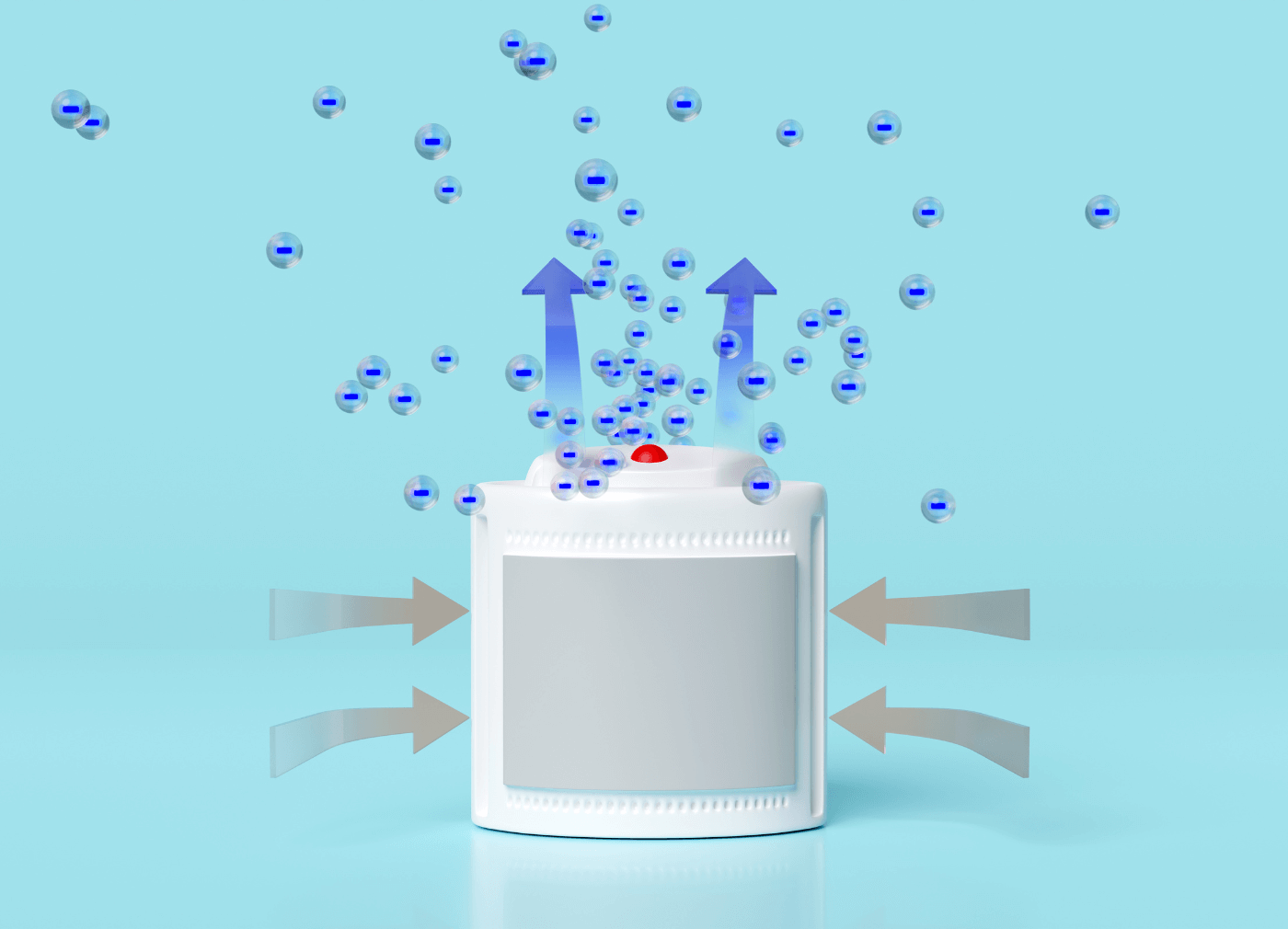High humidity is a matter of concern across many industries. A humid office is stuffy and uncomfortable and leads to decreased productivity. This is particularly true of Southeast Asian cities where the humidity can often exceed 80%.
It is equally important to control humidity in factories and warehouses since high moisture levels in the air can cause several issues including mold growth, corrosion of equipment, and health risks for employees.
The solution is to use an industrial room dehumidifier and lower moisture. These devices are used by production facilities, warehouses, offices, hospitals and hotels to bring humidity within tolerable limits.
In this guide, we examine the various types of industrial room dehumidifiers and discuss their benefits and limitations.
Why Industrial Dehumidifiers Are Important for Businesses
Before we explore the different types of dehumidifiers, it’s important to understand why they are so critical. The truth is that high humidity in offices, factories, warehouses, etc, can lead to numerous problems, including:
Product Damage
In sectors such as food processing, electronics, and pharmaceuticals, excessive moisture can lead to defective products and hamper operations. Moisture can cause electronic items to short-circuit, and food items spoil easily if humidity levels are beyond a safe limit.
Health Risks
High humidity creates an ideal environment for the growth of mold and mildew. Prevalence of mold can cause respiratory issues and other health problems. Lowering humidity is therefore of utmost significance in hotels, offices, and hospitals.
Equipment Damage
Moisture causes corrosion in machinery and leads to expensive repairs and downtime. By keeping humidity levels under control, a factory can extend the lifespan of machinery and tools.
Key Types of Industrial Dehumidifiers
There are several types of industrial dehumidifiers. Each has its advantages and works best in a specific environment. Below, we’ll look at the most common types and their uses.
1. Refrigerant Dehumidifiers
This is by far the most common type of industrial room dehumidifier in use. It works by drawing in warm, moist air through fans. The air is then cooled by passing it over refrigerated coils. As the air cools, the moisture condenses into water. The dehumidified air is then reheated to room temperature and released back. The collected moisture is either stored in a tank or drained away.
Refrigerant dehumidifiers work best where the air temperature is above 20°C. They are ideal for manufacturing units, and warehouses that operate in warm, humid conditions.
Advantages:
- Refrigerant dehumidifiers are very efficient at removing moisture in warm temperatures.
- They are cost-effective to operate and widely available.
Limitations:
- They do not work well in cooler environments, such as freezers or cold storage.
- Operating efficiency drops when the air temperature is below 15°C.
2. Desiccant Dehumidifiers
These dehumidifiers use a material known as a desiccant. A desiccant is a drying material that can absorb moisture from the air. Unlike refrigerant dehumidifiers, they do not rely on cooling the air to remove moisture. These dehumidifiers work by passing the moist air through a chamber lined with desiccant material. As it turns dry, the air is returned to the room.
Industrial desiccant dehumidifiers work well in colder settings, including cold storages and freezers.
Advantages:
- Desiccant dehumidifiers can work efficiently regardless of the ambient temperature.
- They consume less energy than refrigerant dehumidifiers and are less costly to operate.
Limitations:
- Industrial desiccant dehumidifiers are larger and heavier compared to refrigerant models. It can be difficult to transport and install these units.
- This type of dehumidifier might not work well if the relative humidity is very high.
3. Hybrid Dehumidifiers
Hybrid dehumidifiers combine the mechanism of both refrigerant and desiccant systems. This makes them suitable for any environment. These units can switch between refrigerant and desiccant modes depending on the temperature and humidity levels.
In warm conditions, the hybrid dehumidifier functions like a refrigerant unit. It uses cooling coils to remove moisture. When the temperature drops, it switches to desiccant mode and absorbs moisture using the desiccant material.
Advantages:
- They can work with maximum efficiency in both warm and cold temperatures.
- There is energy savings since it adjusts to the most efficient mode based on the conditions.
Limitations:
- Hybrid dehumidifiers are more expensive because they use both technologies.
- Maintenance can be more difficult since they are complex machines.
How to Choose a Dehumidifier for Your Needs?
Your choice of the right dehumidifier for your business depends on multiple factors. Here are a few key considerations to keep in mind:
1. Size of the Space
The size of the area is critical. Larger spaces need powerful units with higher moisture removal capacities. Check the specifications (usually given as Lit/Day) to ensure the dehumidifier is the right size for your facility.
2. Humidity Levels
Different industries have varying humidity needs. A food storage facility may require lower humidity than a manufacturing plant. Understand the ideal humidity range for your business and deploy accordingly. Dehumidifying beyond what is necessary is not viable in terms of cost.
3. Temperature Conditions
Consider the ambient temperature of your facility and choose accordingly. Refrigerant dehumidifiers work best in warm conditions while desiccant units are more effective in cooler environments.
4. Energy Efficiency
Industrial dehumidifiers can consume a lot of energy. You have to choose the type that is more energy efficient and has lower operating costs. Features like automatic humidity control and energy-efficient fans reduce power consumption.
So, it’s clear that you need to understand the nature of usage and the extent of the moisture before you rent or buy an industrial dehumidifier. This is where we can help.
Transform Your Space with Lumiair’s Industrial Dehumidifiers
At Lumiair, we understand the importance of maintaining a healthy indoor environment. Our dehumidifiers are designed to maintain normal humidity levels and improve indoor air quality.
Whether you need a rental or a long-term solution, if you need a dehumidifier for industrial use in Singapore, Lumiair is here to help. Let us help you in creating a more comfortable and healthier environment.




